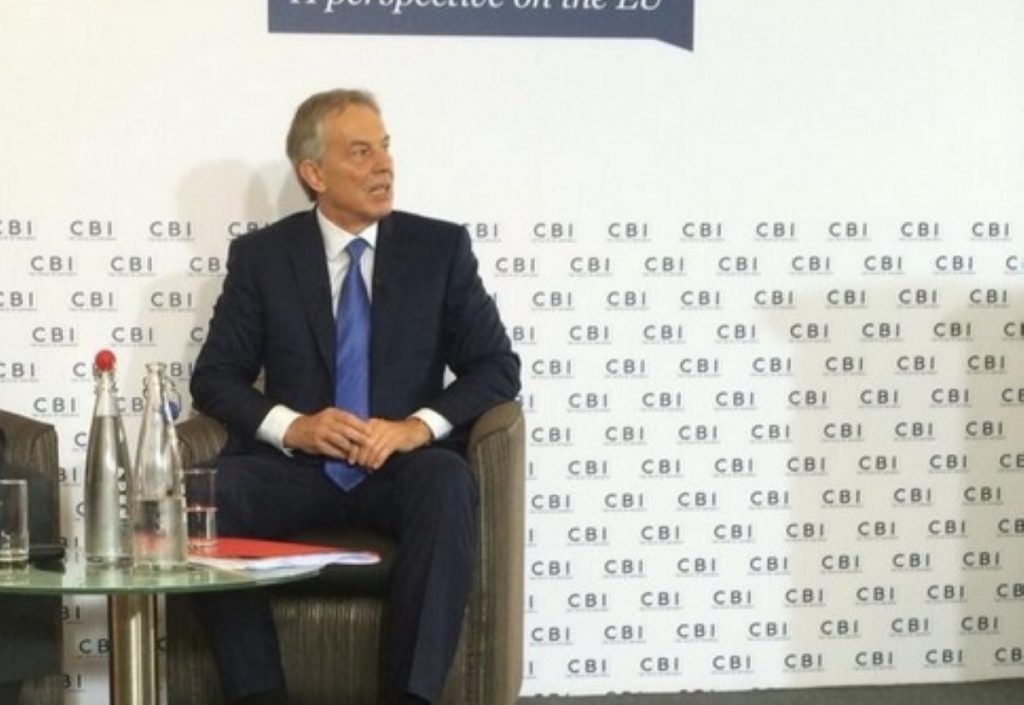Presidency row: Blair won’t declare candidacy
Tony Blair has insisted he does not want to become the European Commission's next president – while giving a major speech on EU reform.
The former prime minister offered a detailed case of the need for Europe to change in a speech to the CBI.
"Even among those who are in favour of Europe, there is a keen sense that the moment is right for Europe to think carefully about where it goes from here, and how it reconnects with the concerns of its citizens and how it changes in order better to realise its ideals in a changing world," he said.
"It has to be a debate elevated to a Europe-wide level, with Britain playing a leading role, not just a negotiation of Britain's terms of membership."


Blair's latest intervention came as David Cameron faced criticism for having attacked the centre-left's preferred candidate Jean-Claude Juncker, the Luxembourg federalist.
The German magazine Der Spiegel reported that Cameron had threatened to trigger an early in-out referendum, probably resulting in a British exit from the EU, if Juncker succeeds Jose Manuel Barroso later this year.
Juncker has hit out at what he called Cameron's "blackmail" – but many are now asking whether any alternative candidates could be put forward.
When pressed in the question-and-answer session about his own potential future role as president of the Commission, Blair said: "I am not a candidate. Don't get my position mixed up with this. That's not going to happen."
Blair has been seen as a divisive figure across Europe because of his controversial foreign policy decisions in Downing Street – most notably over the 2003 invasion of Iraq.
But he has a strong record as an EU reformer and has been a passionate advocate of the benefits of EU cooperation – including in his 2005 rebuttal to Nigel Farage.
Some are now suggesting he should put himself in the running for the key job.
"He might be able to provide the EU with renewed focus and give it some backbone to rediscover its liberal roots," Oliver Daddow, a reader in international politics at the University of Leicester, suggested.
"He may also be able to entrench a narrative of European identity that would help root out or at least limit the impact of some frankly unappetising elements of contemporary European politics.
"So don't bet on Blair making a return to a top job in European politics. But don't bet against it either – at a time of crisis, new thinking is called for."

